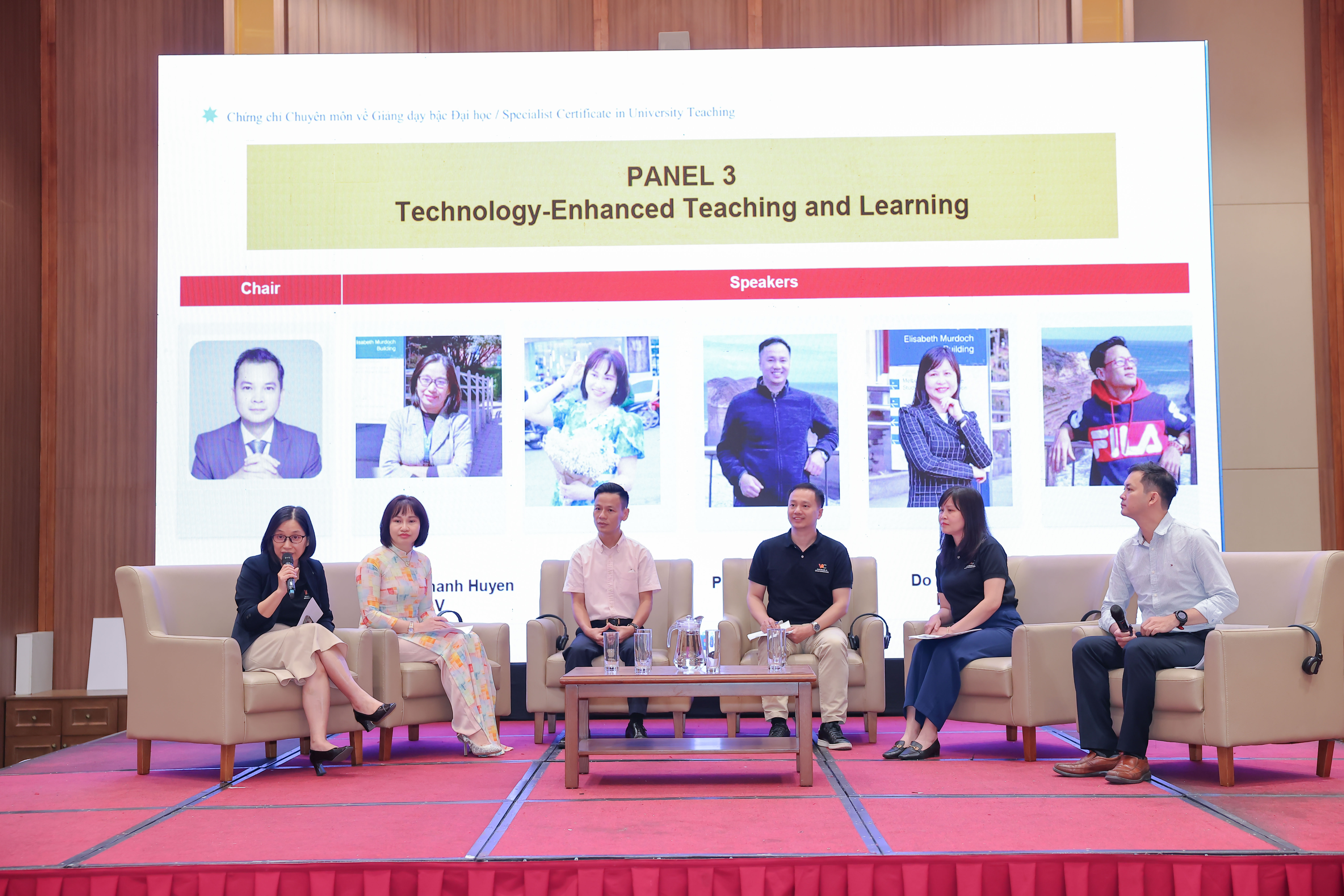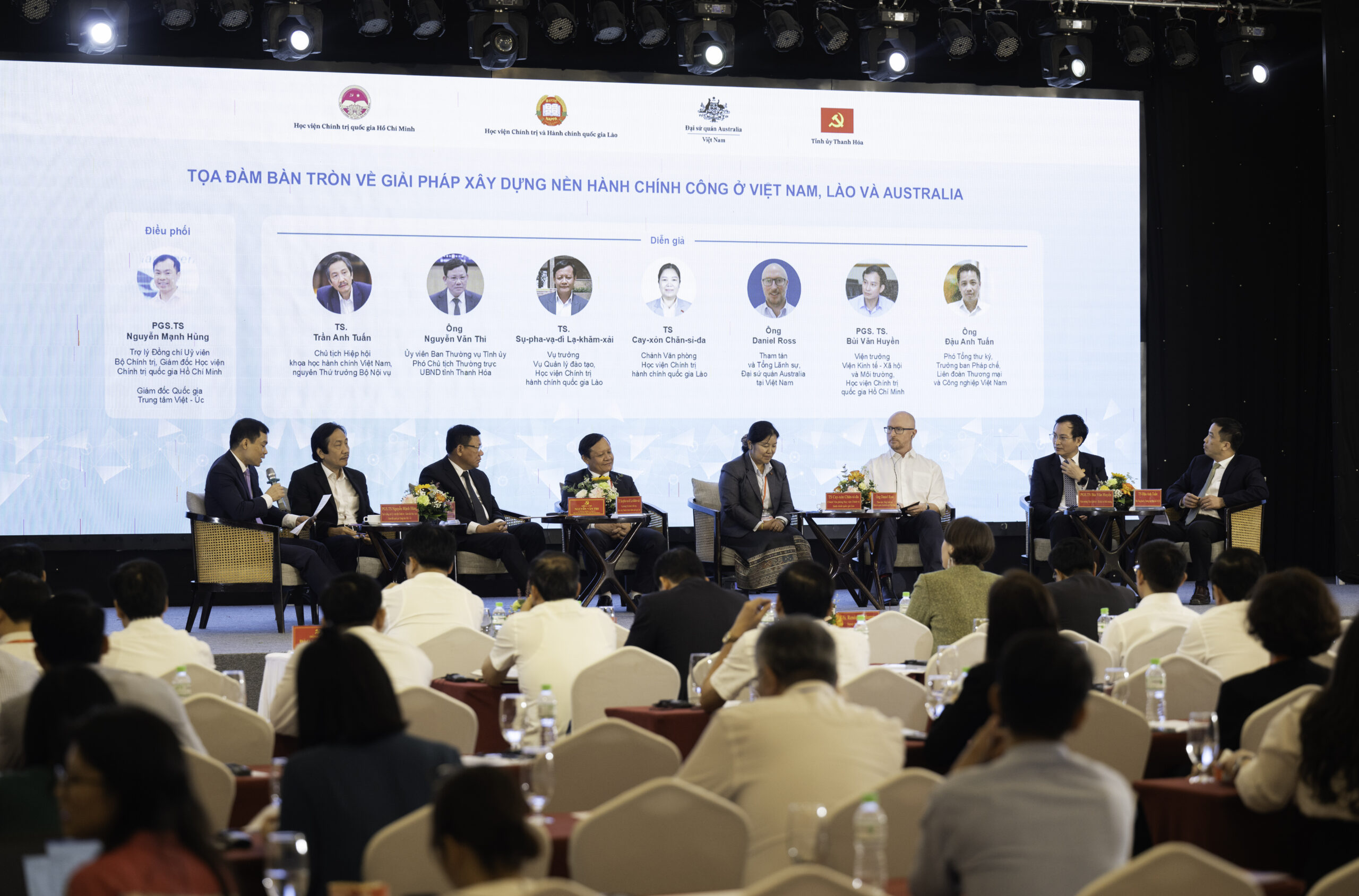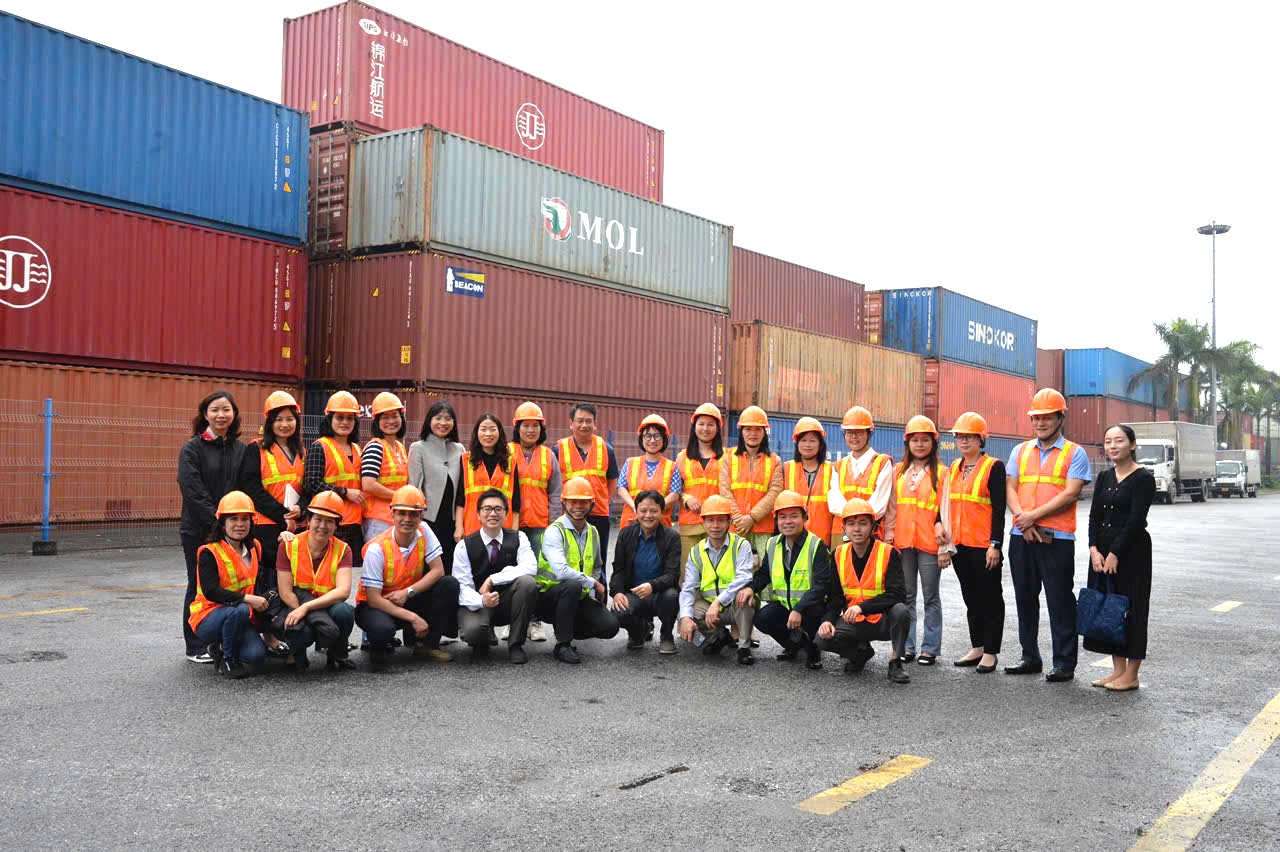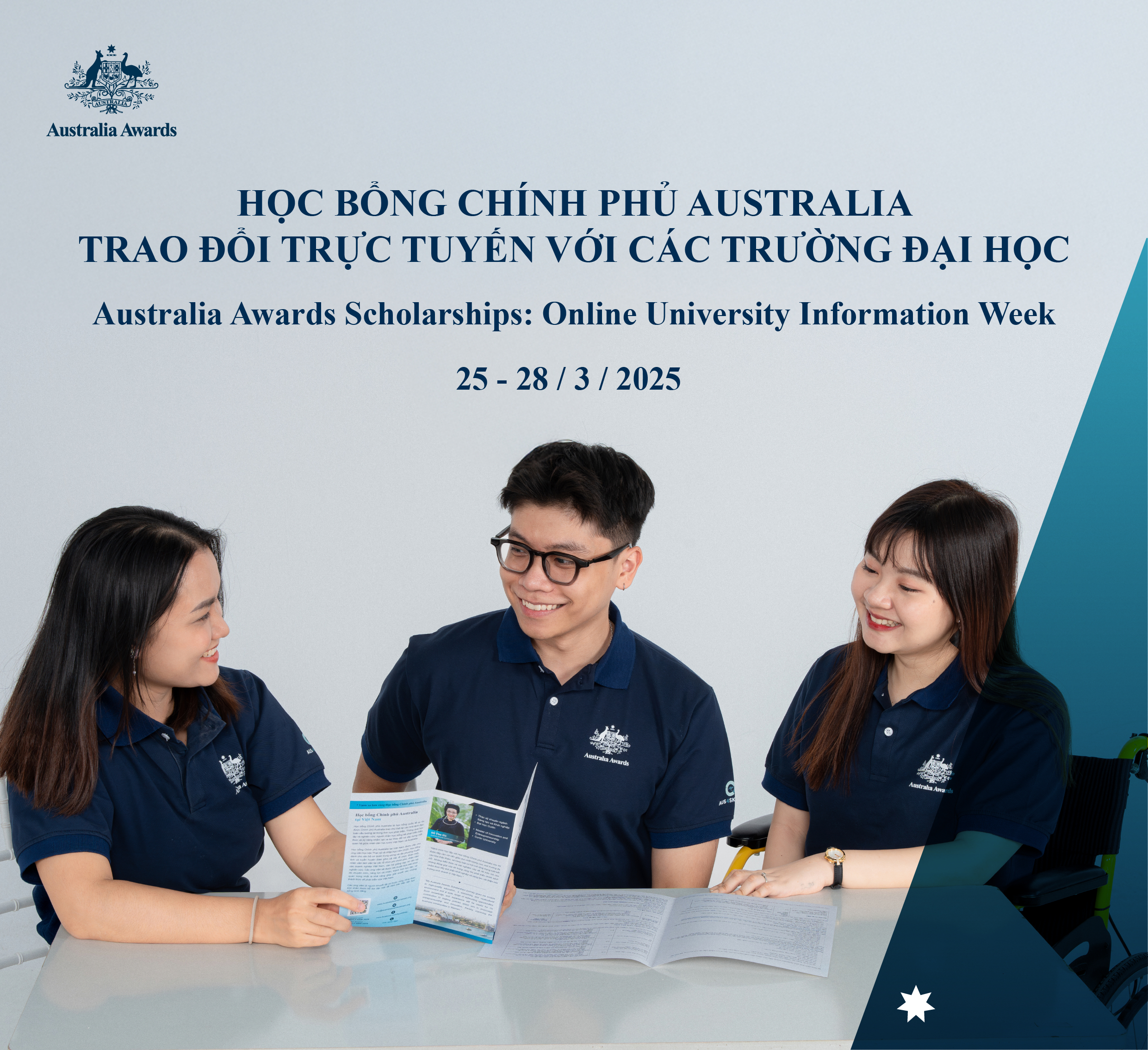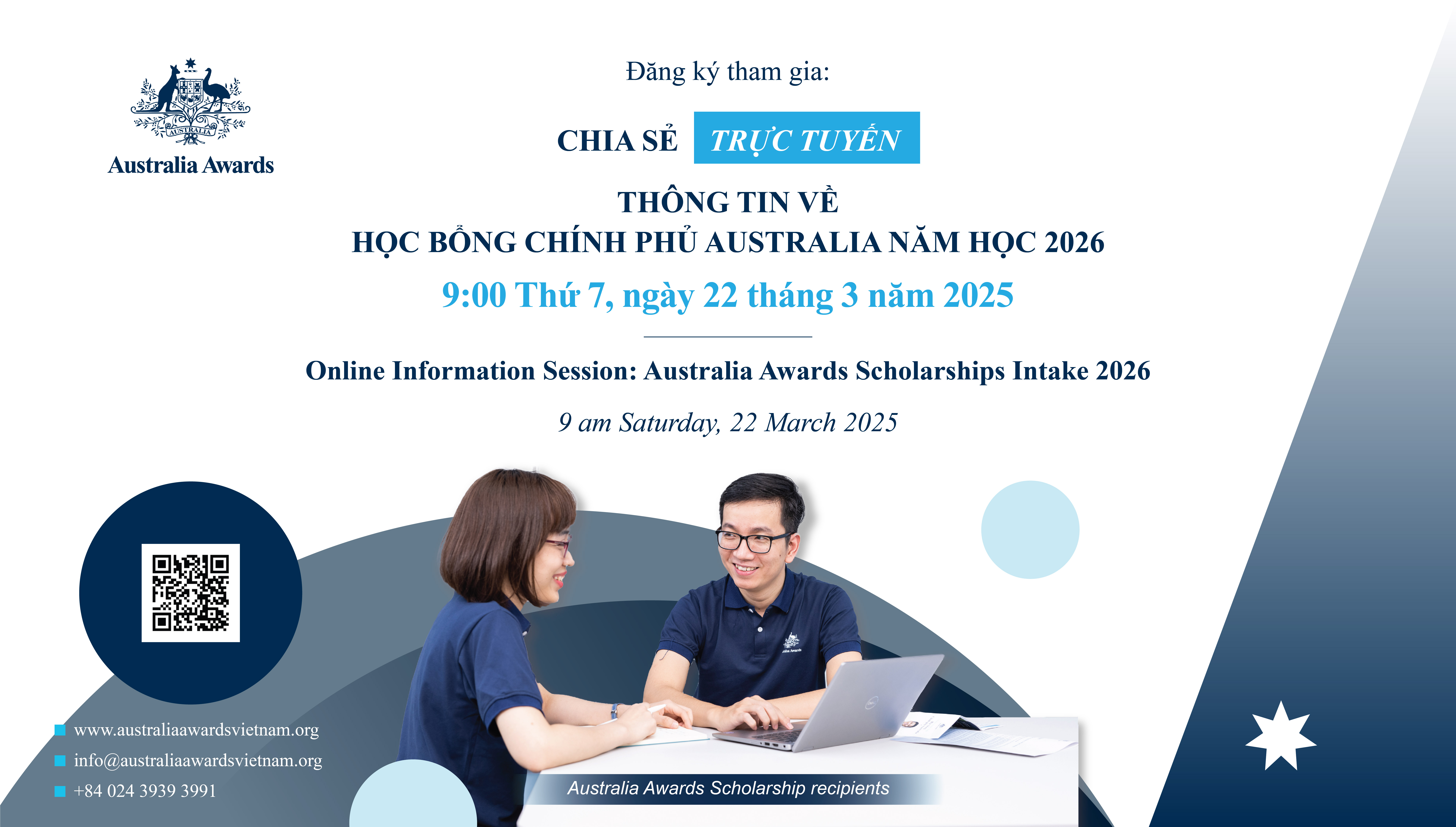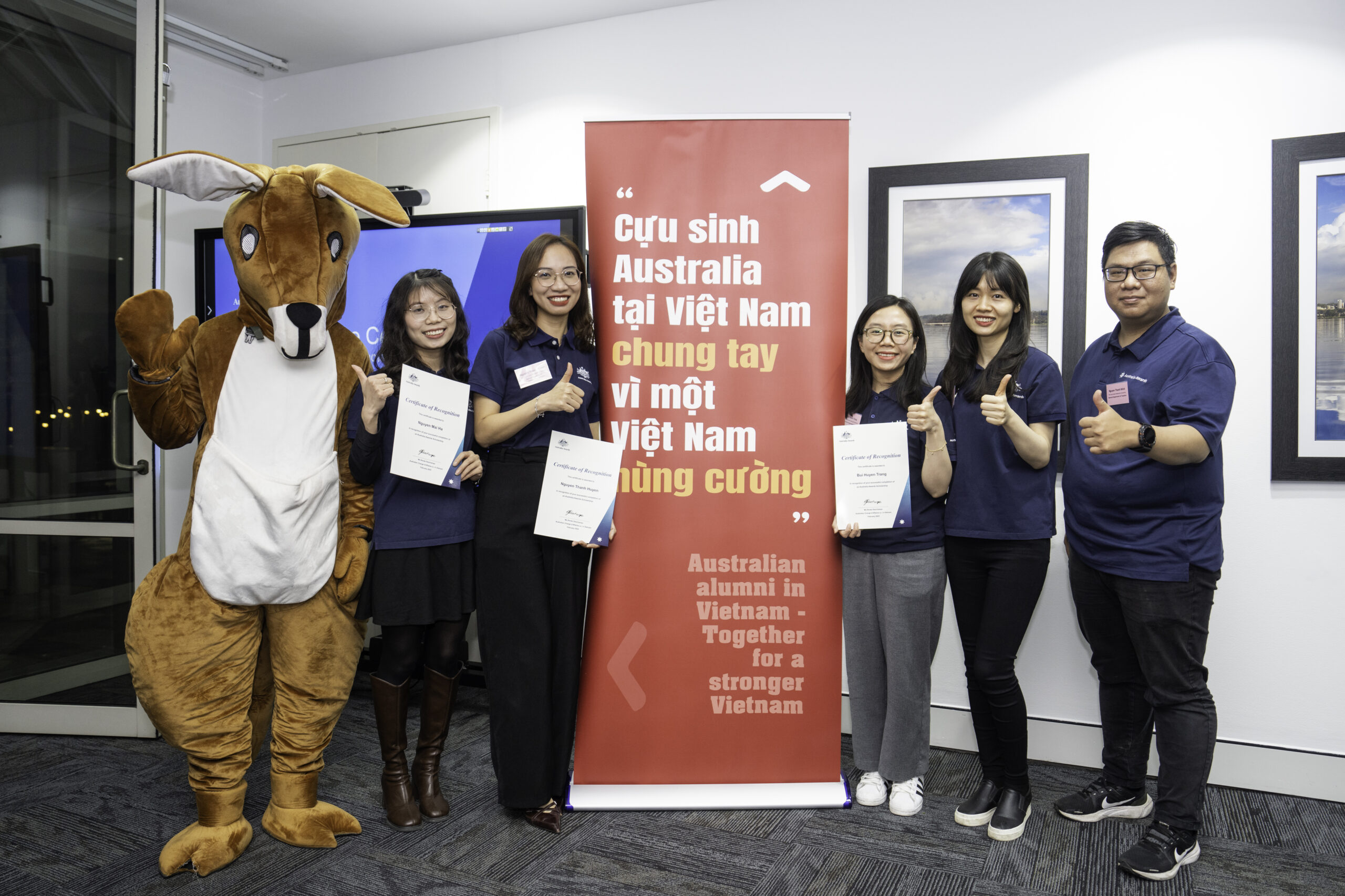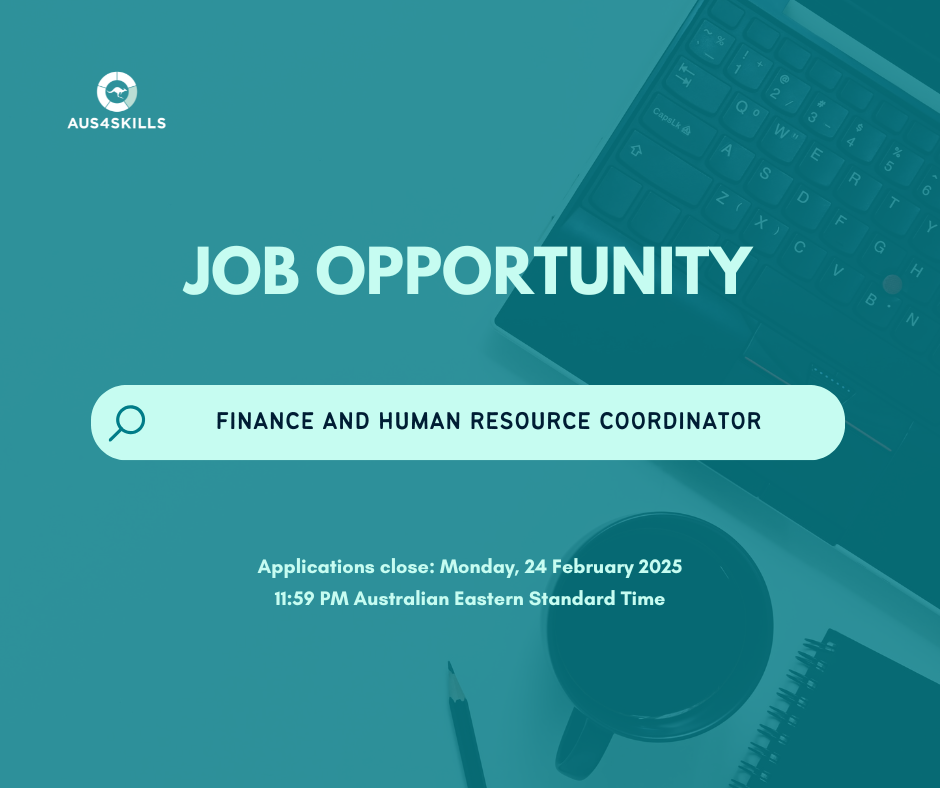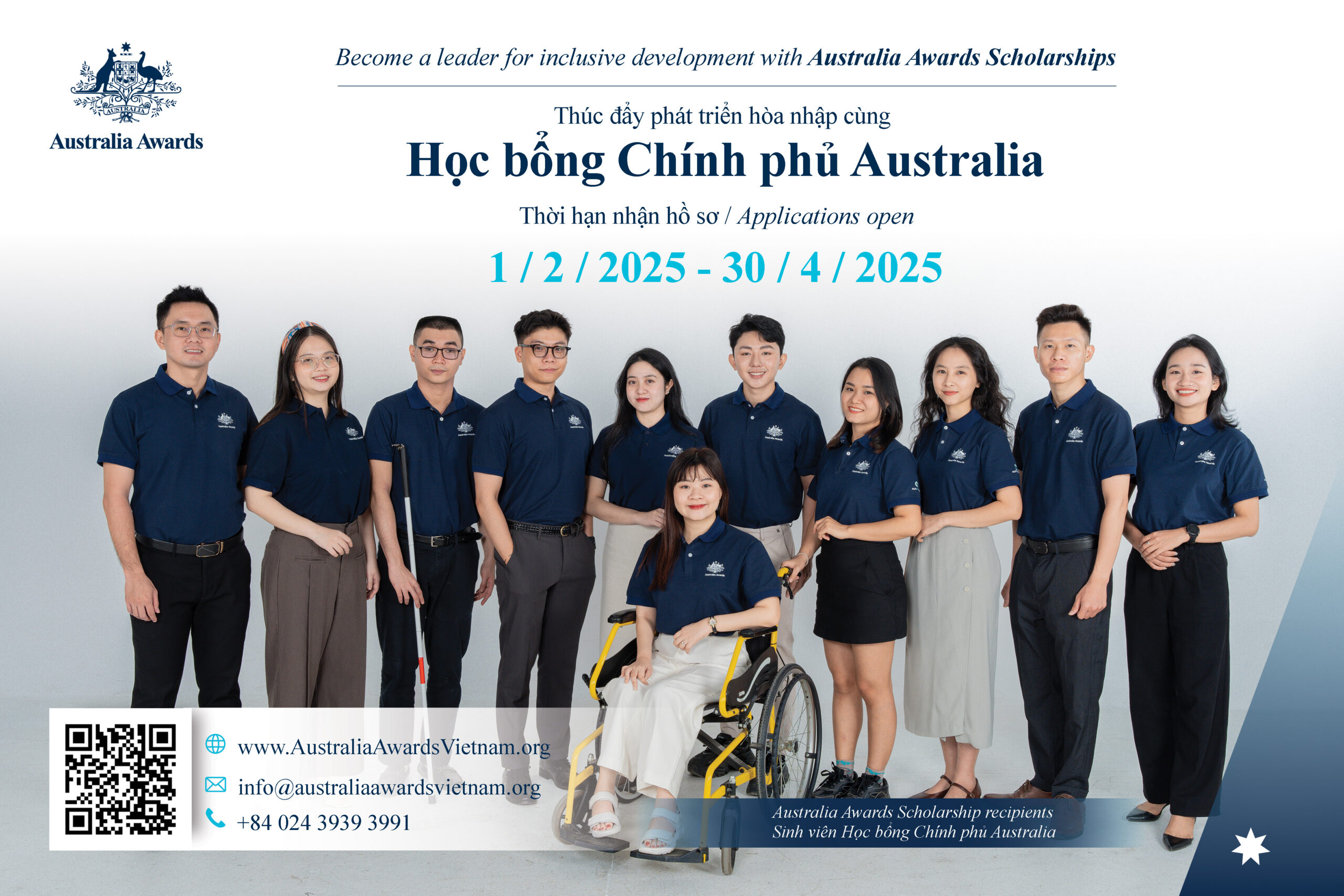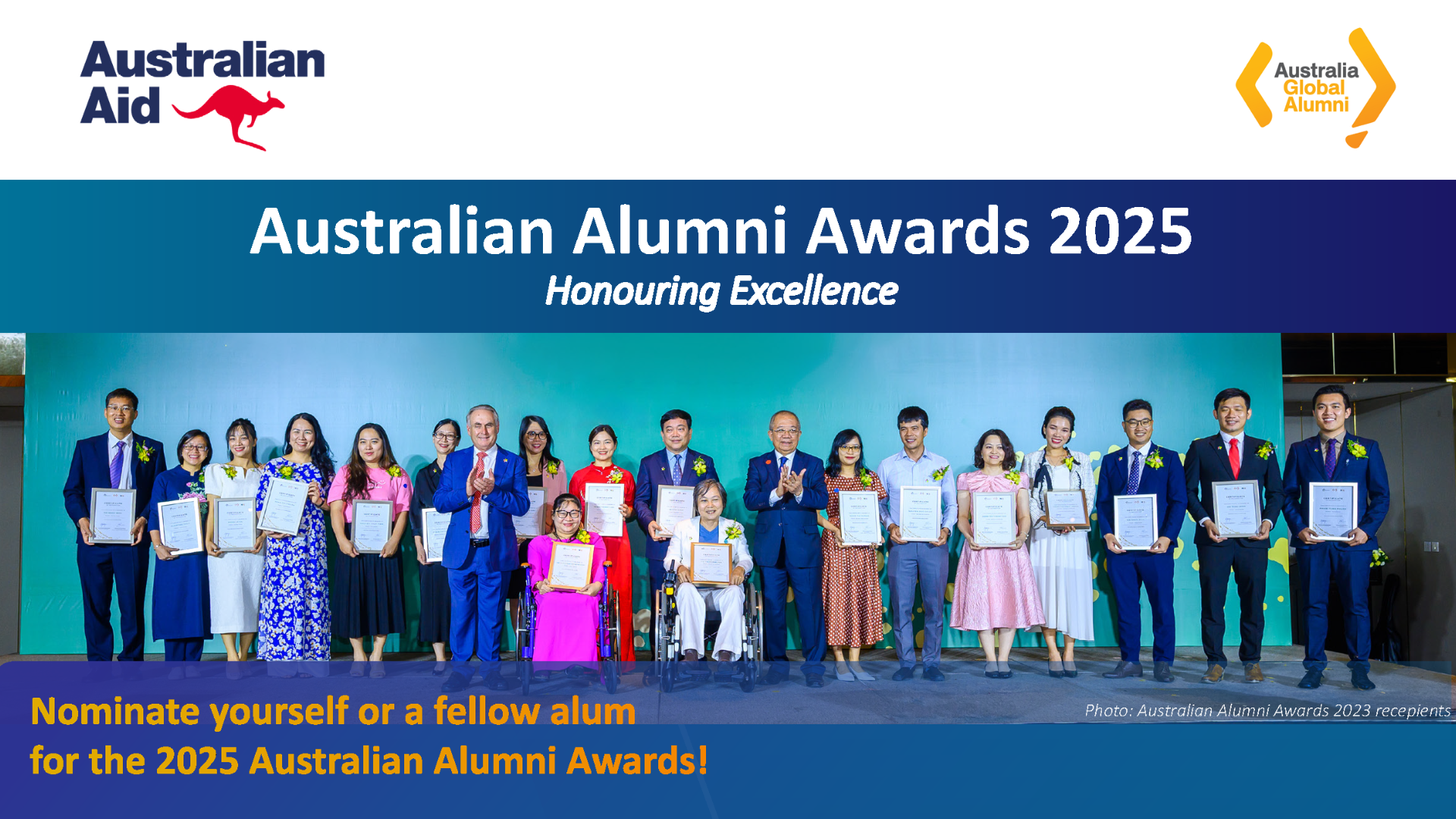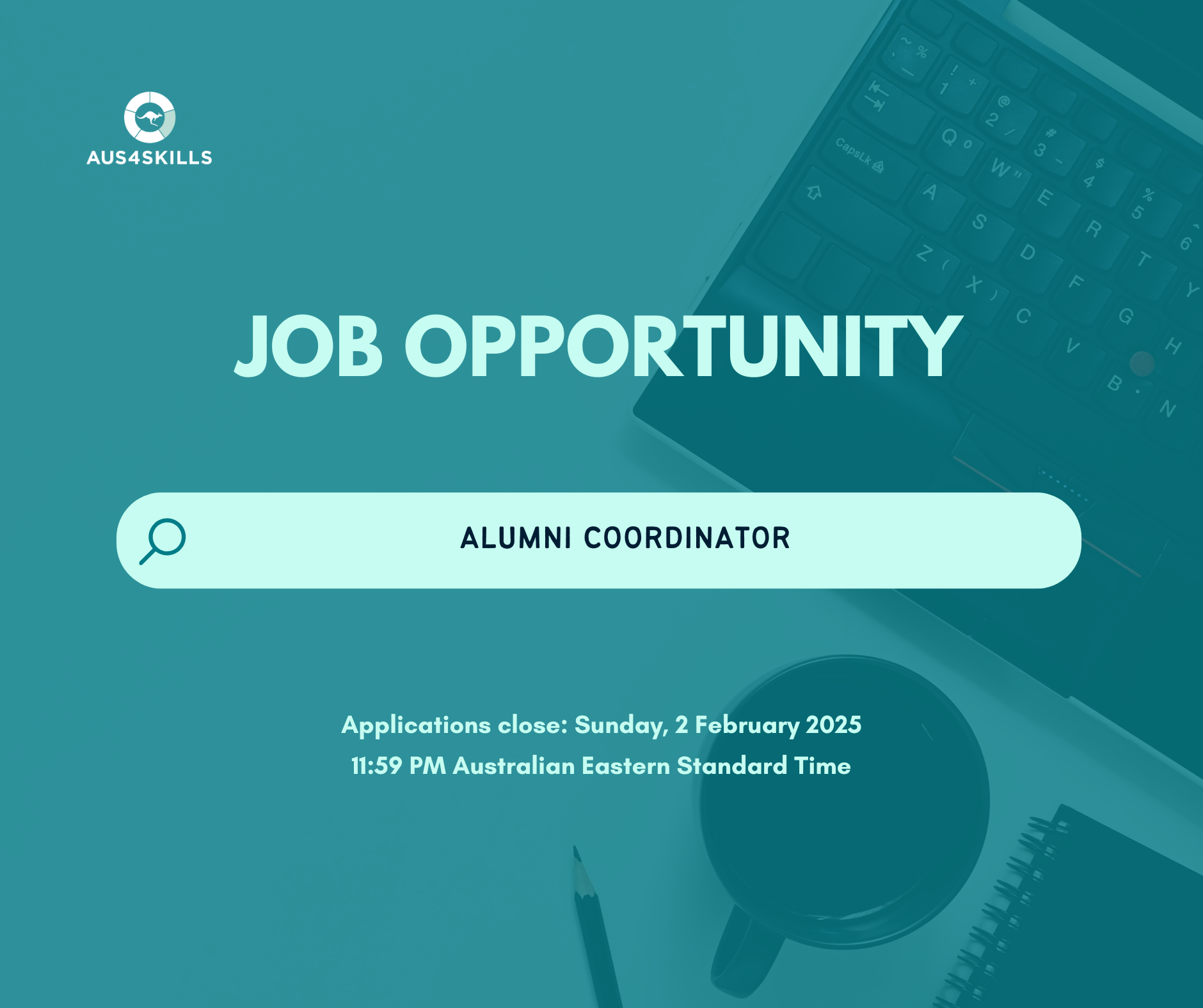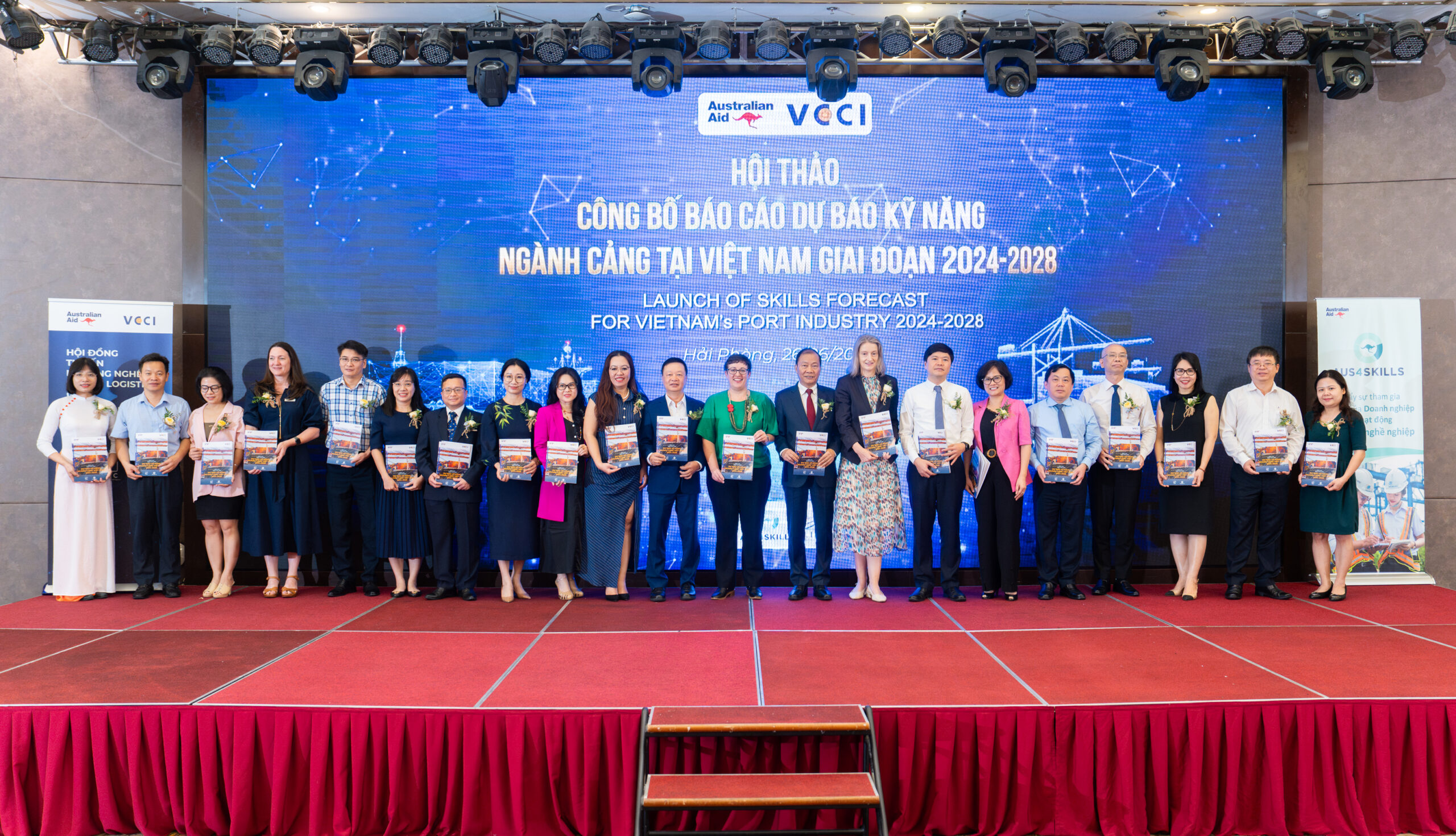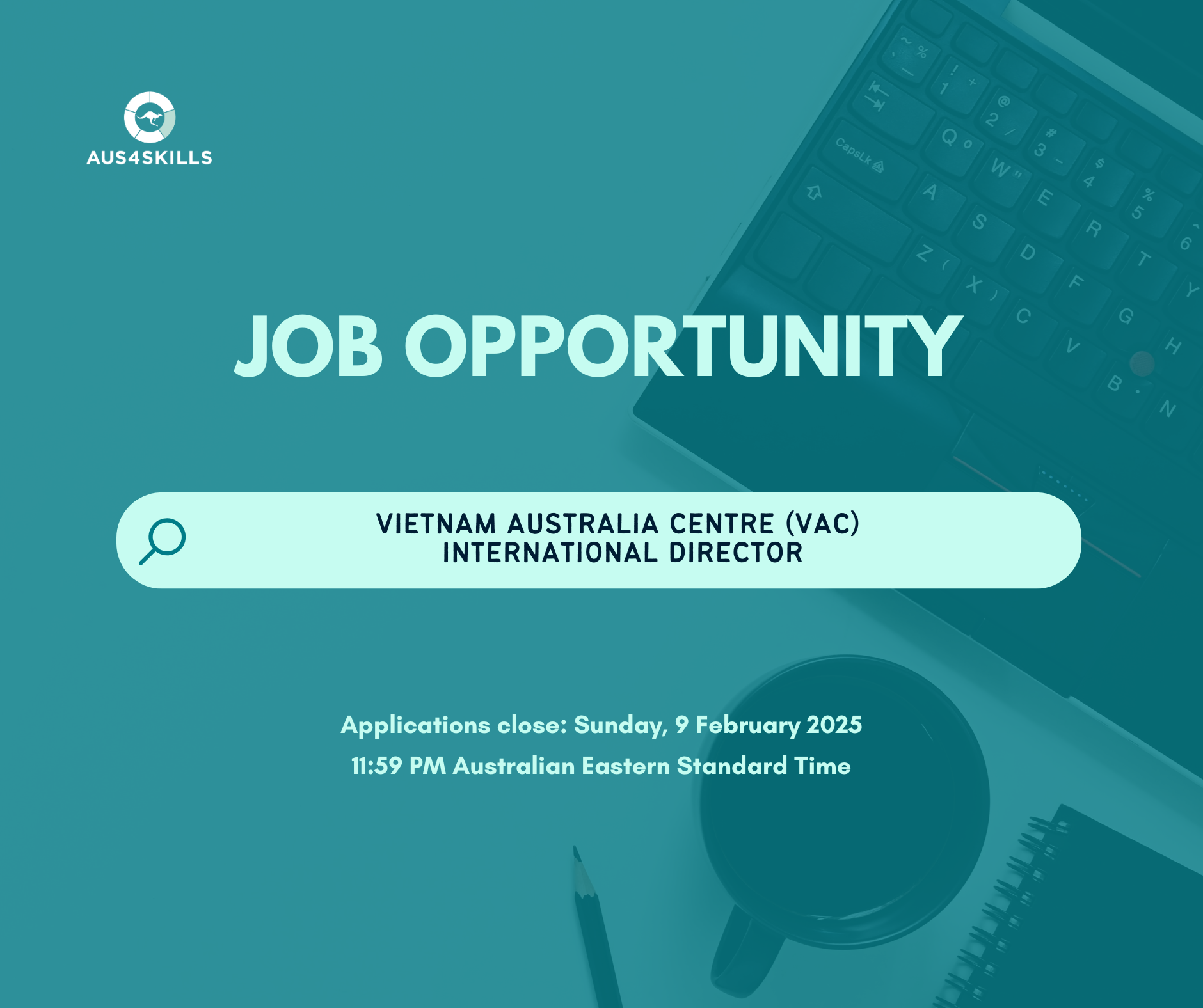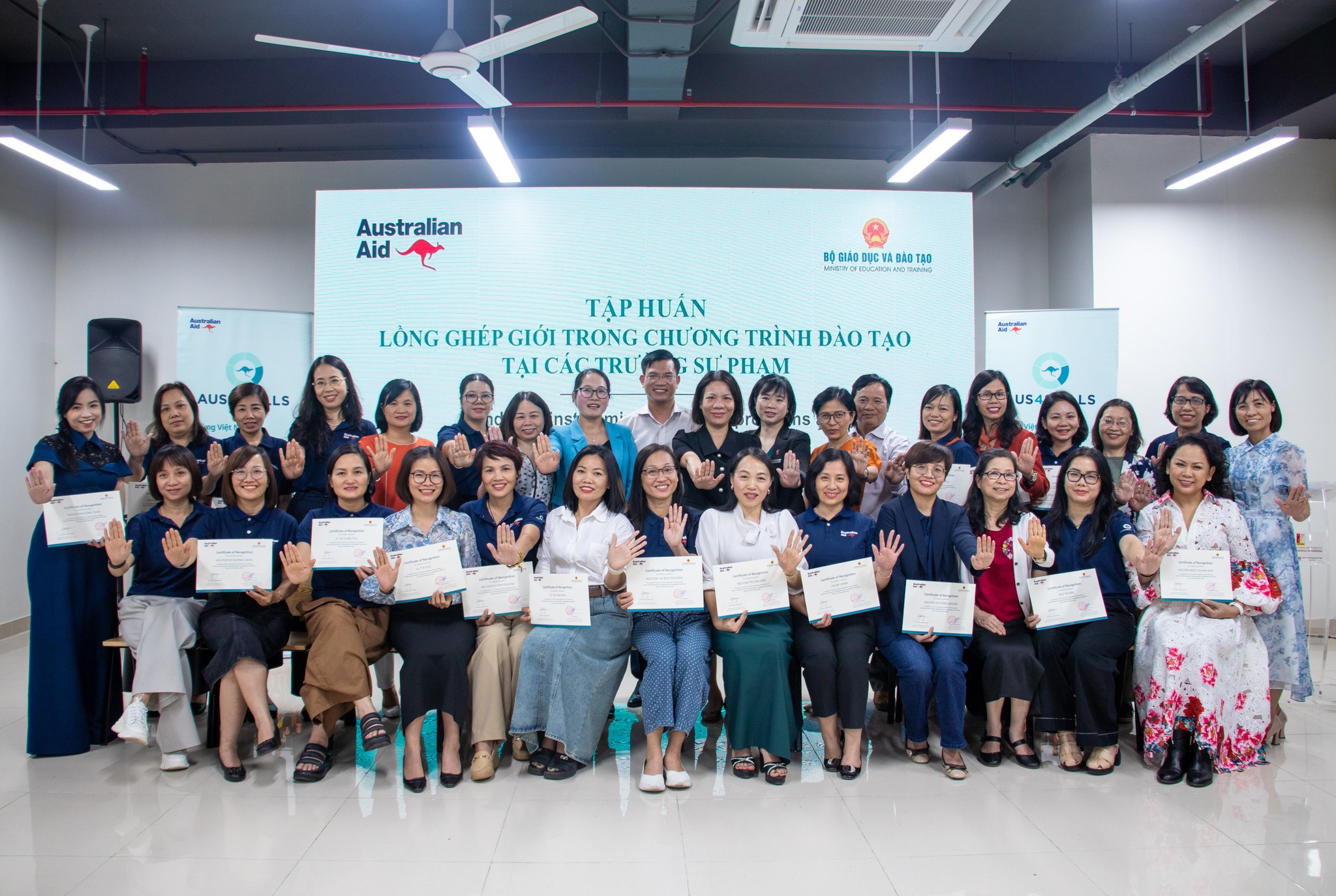Currently, VET colleges aim to provide employees to obtain not only practical knowledge and skills for working at domestic enterprises and companies, but also satisfy foreign language requirements and international, regional occupational standards for working at foreign joint ventures and firms. To meet this target, VET schools and colleges should focus on fostering international cooperation and linkages.
Resources for improving infrastructure and profession
“Training must be conducted with flexibility” – Ms. Nguyen Thi Ly, Rector of Thu Duc College of Technology (TDC), shared the college’s development direction, including its collaboration with enterprises, and especially international cooperation in vocational training.
Through its linkage with Korean and Japanese colleges, TDC’s students have participated in cultural exchanges and exchange opportunities with foreign students. The Japan International Cooperation Agency (JICA) sent two Japanese volunteers to TDC to teach Japanese for its students. Currently, after nearly one year implementing a Cooperation Memorandum with Suseong University, Korea, lecturers and students from the two colleges have frequently exchanged experiences in research and education. In addition, TDC has learnt more about pedagogical methodologies for the Information Technology and Engineering Faculty.
Vocational College of Machinery and Irrigation (VCMI) is currently implementing 4-5 international cooperation projects, including: a GIZ project which supports VCMI to become a center of excellence for green technical and vocational education and training (TVET) with Germany standards, and to establish new faculties. Under this project, German lecturers deliver lectures in theory and conduct practical sessions at VCMI; a JICA project for strengthening the vocational training sector in Vietnam provides VCMI with training equipment in line with Japanese standards for two vocations: Electricity and Mechanical Engineering; a Spanish project which organizes tailoring training courses for disadvantaged and women’s groups; Access project (the U.S) which supports English teaching activities for disadvantaged students, etc.
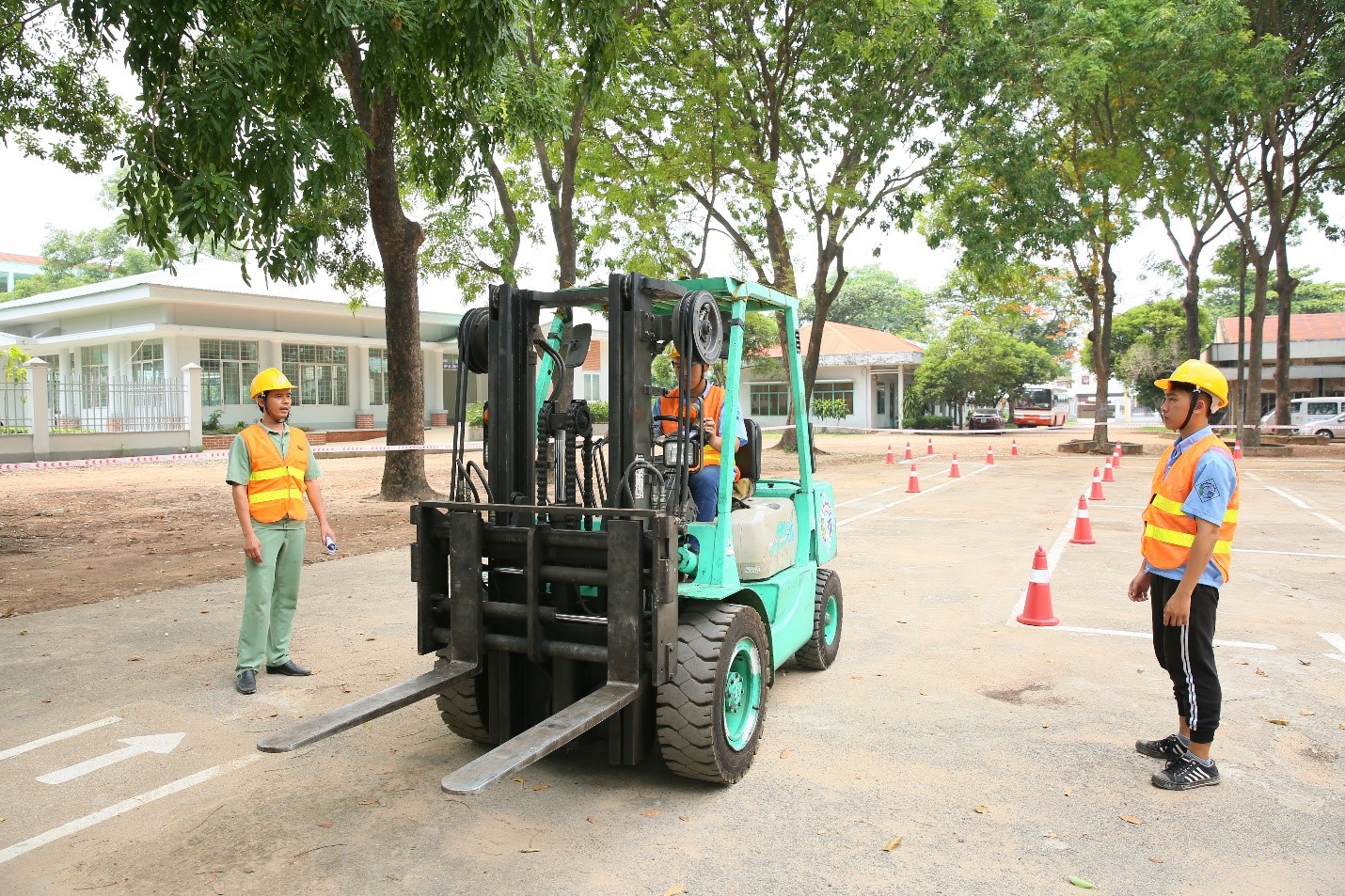
Students of Vocational College of Machinery and Irrigation in a forklift operator training class
Trending jobs and occupation standards development process
Providing Vietnamese logistics firms with a highly-skilled and international labor force is a requirement for Vietnamese VET colleges. An ongoing project under Aus4Skills, an Aus4Vietnam investment of the Australian Government, has received enthusiastic participation of Vietnamese VET colleges. The logistics sector was selected as the focal industry in the project.
“Currently, Ho Chi Minh City’ s human resource demand in the logistics sector is nearly 350,000 workers while VET colleges and schools in the localities can provide only around 2,600 workers/a year. Apart from quantity, the logistics industry’s workers should satisfy occupational standards. Under the Aus4Skills program, essential skills in the logistics sector will be determined and transferred into occupational standards (job requirements) for specific vocations. These occupational standards will be used to develop competency-based curricula at VET institutions and other training facilities across Vietnam. Expected outcomes of the program are a highly-skilled workforce with international, unified standards, and facilitation of skills transfer among the logistics enterprises. This is a model that can potentially be applied in other industries in Vietnam and has been implemented effectively in countries, such as Australia, Germany, and Singapore. “– said Mr. Nguyen Van Lam, Deputy Director of Department of Labor, Invalids, and Social Affairs (DOLISA) Ho Chi Minh City.
“In a discussion organized by the Aus4Skills involving logistics companies and VET colleges, a participant emphasized that linkages among three stakeholders, not between two sides, are required, which is strong collaboration among Government agencies – VET Providers – Enterprises. This mechanism ensures the creation of a logistics labor force with international expertise and skills.” – Mr. Lam added.
The first stage of the program is establishing a pilot council to engage the logistics enterprises in VET. The Logistics Industry Reference Council was established with the participation of the logistics companies’ managers, experts and VET colleges’ leaders. Ms. Nguyen Thi Ly and Mr. Nguyen Van Chuong both participated actively in this council. An effort of the council right after its establishment was to determine quickly five priority jobs where unified occupational standards would benefit a large number of the logistics enterprises. They are: warehouse operator, warehouse supervisor, logistics administration, freight forwarder and forklift operator.
Occupational standards for the first four vocations were defined by the Asia-Pacific Economic Cooperation (APEC) Transportation and Logistics Project, with the participation of Australia, China, Indonesia, the Philippines and Vietnam in the period 2014 -2015. The occupational standards for Forklift Operator are newly developed by the Logistics Industry Reference Council. One important factor of this pilot project is that key stakeholders and sectors with these vocations will examine proposed occupational standards and occupational skills standards and determine whether they meet the demands of the logistics sector in Ho Chi Minh City.
“Participating in the Aus4Skills program, VCMI’s leaders, academic officers, and lecturers are provided with opportunities to learn from and visit Australian enterprises, VET schools, and observe how to conduct vocational training, how to put theory into practice at warehouses, ports, etc. After returning to the VCMI, we have applied advanced methods, and modified and improved educational and training activities at the college. Without international linkages in VET, we might not be able to enhance vocational training standards and integrate international standards into our curricula like the present.” – said Mr. Nguyen Van Chuong, Rector of Vocational College of Machinery and Irrigation (VCMI).
Source: The Education and Times Newspaper






